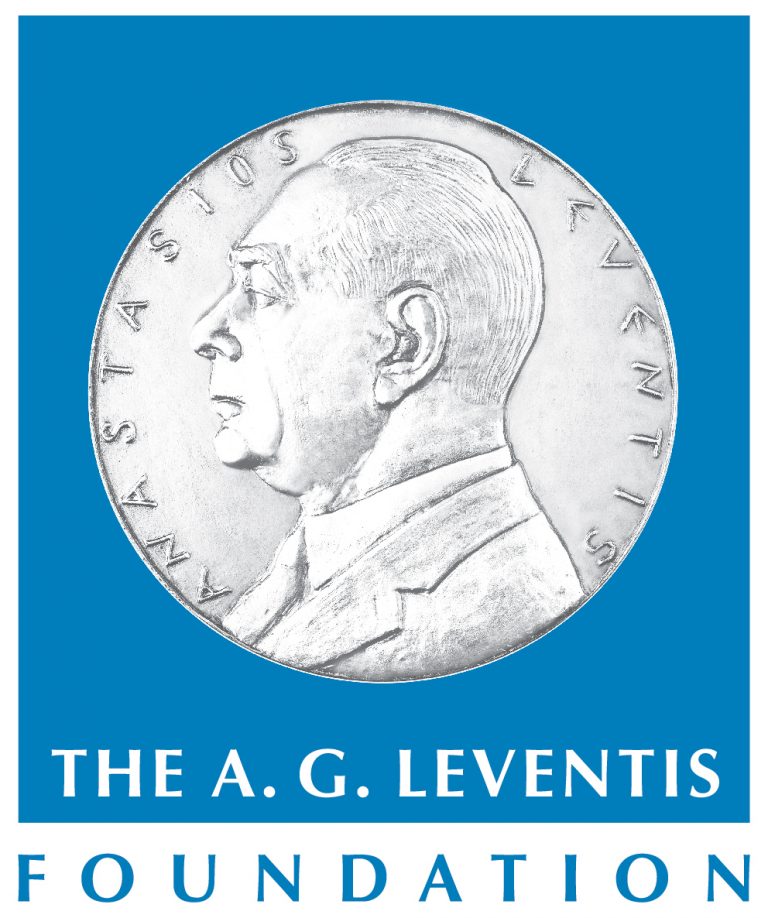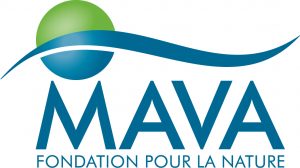Field Course: Kenya 2022
12 August – 6 September 2022
Location:
Mpala Reserve, Laikipia County, Kenya
Application Deadline:
Midnight 13 March 2022
The 2022 field course will at heart be a typical Tropical Biology Association field course, based at Mpala Research Centre, in the shadow of Mount Kenya, within Laikipia County, Kenya.
Students from Africa and elsewhere in the world will stay there for almost four weeks, with world-class tutors. But as well as the time at Mpala, the course will include an online element using the Tropical Biology Association virtual learning environment.
More Information
Theme: Tropical Savanna
Cohort Size: 24 Paticipants
Teaching Level: MSc
Duration: 26 Days On Site
Price: £1,200 but scholarships are available – see our ‘Field Courses Information‘ page
Minimum academic requirement: Completed 3 years of a biological degree as well as proficient in spoken and written English
The Tropical Biology Association Factor
We are a skills training NGO that puts young people at the heart of conservation, giving them the skills and support they need to be effective and make a real impact. No other field course is as multi-cultural, we bring together equal numbers of participants from Africa the rest of the world – this creates a diverse and inclusive forum for sharing experiences and future collaboration. Our course graduates use what they have learned to make a tangible difference on the ground for both nature and people.
Experience World Class Teaching
We are privileged to work with so many inspiring teachers from around the world and within Kenya, and the course is uniquely tailored to the expertise of these international and local teachers. You will learn about the local flora and flora, topical conservation issues, practice survey methodologies and ways to analyse and interpret your data. Throughout the course there will be lectures and discussions that cover a host of topics based on savannah ecosystems. You will design your own project, seeing it all the way through from implementation, analysis, to writing this up as a scientific paper. Throughout this process you will be personally supervised to ensure you get the most from this experience. With years of experience we ensure that all our teaching is not only engaging but fun and interactive.
Join a Global Network of Conservation Leaders
Course graduates will join an active network of over 2500 alumni in 86 countries. We are on the frontline creating a new generation of conservation researchers, project managers and leaders with the skills they need to have an immediate impact. A remarkable 95% of our alumni are working in conservation from research institutions, to government departments and NGO’s.
Gain Practical Skills for Conservation and Research Careers
Taught by experts from around the world, you will gain hands-on experience of field research, project design, and conservation case studies. Our field courses are taught outside the classroom, and enable young, early career scientists with ambitions of working to conserve wildlife and the natural environment to make a difference and have a tangible impact.
The Mpala Research Centre
The Mpala Research Centre receives hundreds of students, educators, and scientists from around the world, conducting research on everything from parasites to elephants. The unique set up of Mpala allows for researchers to use the land as a ‘living laboratory’ in which to conduct experiments and answer pressing questions on conservation and wildlife. Mpala lies beneath the shadow of Mount Kenya, within Laikipia County, 50 km north of the equator and 50 km from Nanyuki town. Mpala reserve stretches over 48,000 acres of semi-arid savanna, acacia bushland, wooded grassland, rocky escarpments and riverine habitats along the Ewaso Nyiro and Ewaso Narok rivers.
Mpala is home to the full diversity of Africa’s wildlife, from the famous Big 5 mammals to unique endangered species including the Grevy’s zebra, the reticulated giraffe, the patas monkey. Laikipia also boasts an expanding population of African wild dog.
The Learning Environment at Mpala
We will be based at the River Campsite, away from main research station which gives us our own exclusive Tropical Biology Association learning environment. There is the full range of wildlife you would expect in Kenya at Mpala, so the River Camp is enclosed with an electric fence for our safety. There will be some incredible fauna and flora viewing opportunities the whole month, and when outside of the River Camp and involved with our field exercises, we will be accompanied by Mpala scouts.
You will be accommodated in shared comfortable tents, with shower and washroom facilities nearby. There is power, sustainably supplied by solar energy with a back-up generator. Meals, lectures and meetings will be convened in the spacious main tent. There is a large welcoming fireplace where we can sit around to socialise and enjoy a campfire in the evening.
What We Cover
Course Topics
- Savanna rangeland ecology and conservation
- Small and large mammal behaviour and interactions
- Ornithological research techniques
- Freshwater community ecology and bioindicators
- Community involvement for successful conservation
- Human-wildlife coexistence
- Research project design
Additional Online Access
This year we are also opening up our virtual learning environment to you before the course! Come and learn about tropical savanna’s and get prepared for an amazing field course.
- Browse and interact with some great content that will set the scene for your arrival at Mpala
- Self-paced over a few weeks so you can jump-in and out at your own convenience
- No pressure for any tasks or assessments
- A safe, friendly place to learn and share



Applying
Each application will be assessed on its own merits. Successful applicants will be contacted in order to help them to prepare for the course.
